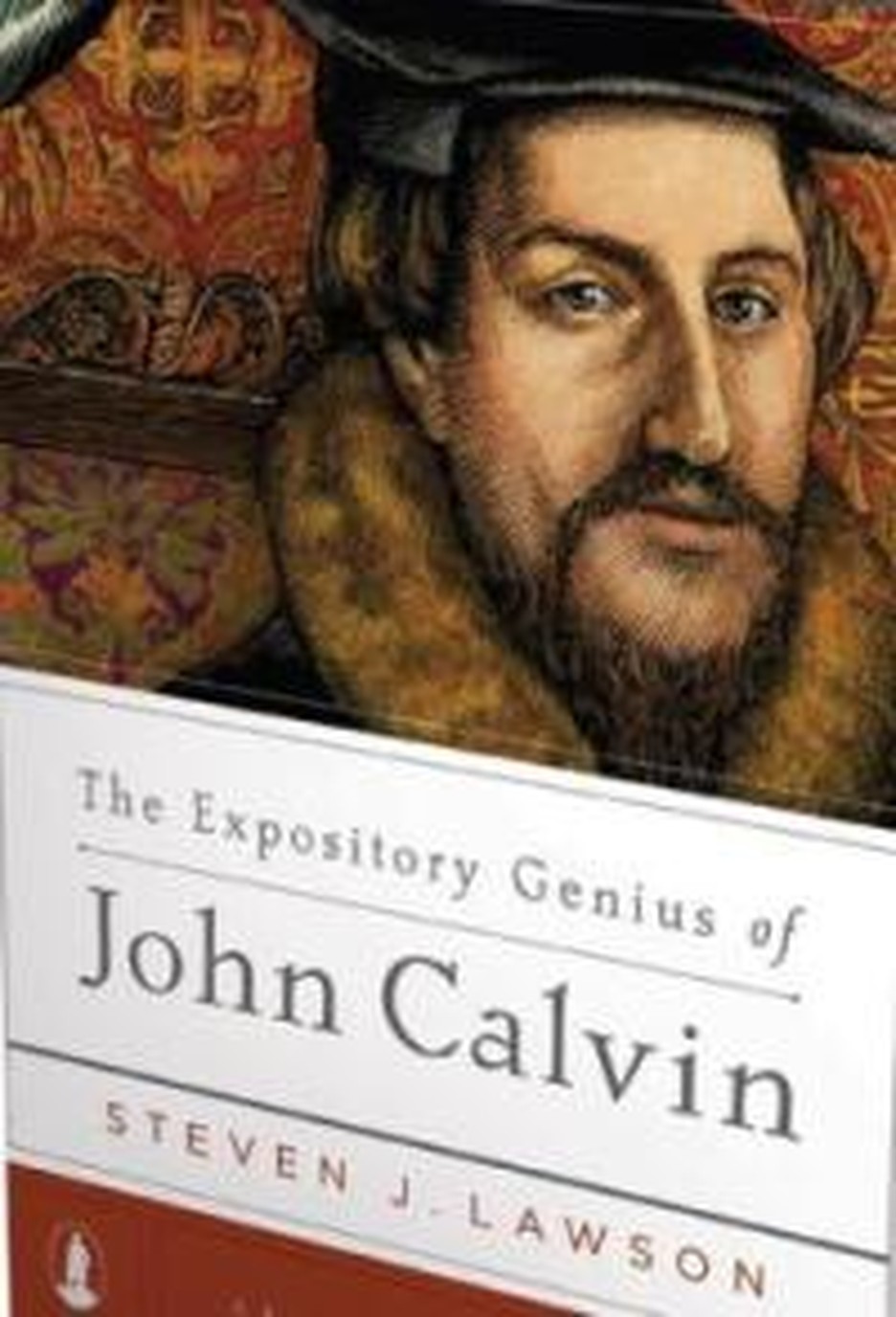
Calvin had no weapon but the Bible. . . . Calvin
preached from the Bible every day, and under the
power of that preaching the city began to be transformed.
As the people of
of God's Word and were changed by it, the city
became, as John Knox called it later, a New Jerusalem
from which the gospel spread to the rest of
—James Montgomery Boice
Towering over the centuries of church history, there stands one figure of such monumental importance that he still commands attention and arouses intrigue, even five hundred years after his appearance on the world stage. Called "one of the truly great men of all time," he was a driving force so significant that his influence shaped the church and Western culture beyond that of any other theologian or pastor. His masterful expositions of Scripture laid down the doctrinal distinctives of the Protestant Reformation, making him arguably the leading architect of the Protestant cause.
His theological thunder defined and articulated the core truths of that history-altering movement in sixteenth-century
First and foremost, however, Calvin was a pastor—the faithful shepherd for twenty-five years to a local flock in
On Sundays [Calvin] conducted divine service, and had daily service every other week. He devoted three hours in each week to theological teaching; he visited the sick, and administered private reproof. He received strangers; attended the consistory on Thursday, and directed its deliberations; on Friday was present at the conference on Scripture, called the congregation; and, after the minister in office for the day had presented his views on some passage of Scripture, and the other pastors had made their remarks, Calvin added some observations, which were a kind of lecture. . . . The week in which he did not preach was filled up with other duties; and he had duties of every kind. In particular, he devoted much attention to the refugees who flocked to
But amid these many pastoral duties, Calvin was primarily a preacher, a biblical expositor of the highest order. Indeed, the German Reformer Philip Melanchthon labeled him simply "the theologian," an indication of the respect Calvin was accorded for his abilities as an interpreter of Scripture. In his years in
As a result, apart from the biblical authors themselves, Calvin stands today as the most influential minister of the Word of God the world has ever seen. No man before or since has been so prolific and so penetrating in his handling of Scripture. Calvin's exegetical insights address most of the Old Testament and all of the New Testament except Revelation. By overwhelming consent, he remains the greatest biblical commentator of all time. On his deathbed, when Calvin reviewed his many accomplishments, he mentioned his sermons ahead of even his vast writings. For Calvin, preaching was job number one.
Article excerpted from The Expository Genius of John Calvin; Copyright 2007, Dr. Steven J. Lawson. Published by Reformation Trust Publishing, an imprint of Ligonier Ministries. All rights reserved. Used with permission.
More information about Steven Lawson's ministry including his latest book, Pillars of Grace (2011, Reformation Trust) can be found in the following video interview:








